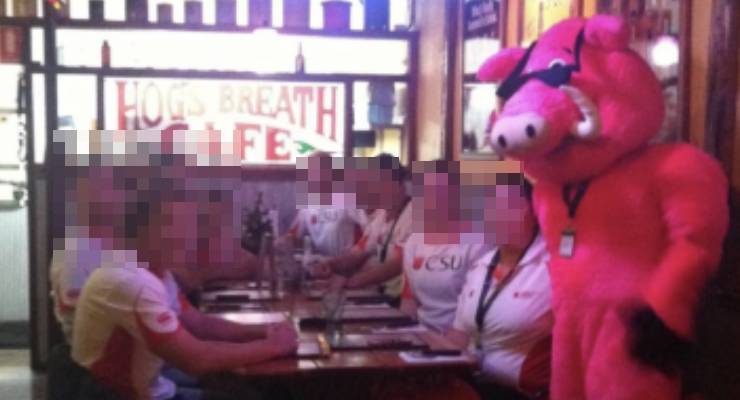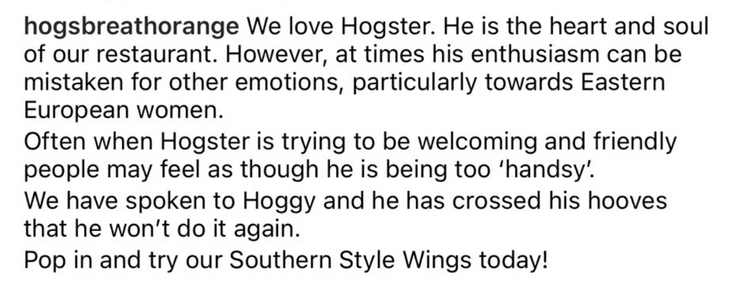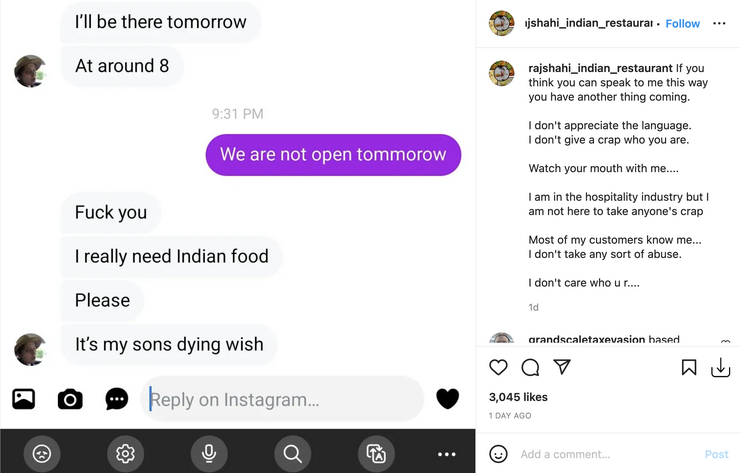
Trending
There’s been a lot of ink spilled over the future of Australia’s news media. The past decade and a bit saw tech platforms like Google and Facebook yoink journalism’s core business model of advertising and weasel themselves between media and its audience. Cue the articles about “How We Must Save Journalism for the Sake of Democracy” (typically written by journalists who have skin in the game, too).
I’ve got some good news. There hasn’t been too much fanfare about it, but the past two years have been a mini golden age for the Australian media. Before you pop the champagne, there’s bad news too. I regret to inform you that this gilded period is already coming to an end. Apologies for the whiplash.
The two major factors behind this digital media boom have been the COVID-19 bump and the infusion of cash from Facebook and Google. When COVID-19 first struck, Australians turned to the news. Audience numbers soared. Locked-down Australians were ravenous for information, stuck without much to do other than surf the web and deprived of other places to spend their cash — like the pub.
Around the same time, Facebook and Google started paying major Australian news publishers under the spectre of government regulation. When the federal government’s news media bargaining code legislation passed, the two big tech companies had already entered into enough “partnerships” with media companies — including with Crikey’s parent company, Private Media — that the government hasn’t yet resorted to flipping the “Make The Companies Pay” switch (i.e. by designating the platform).
Architect of the code Rod Sims estimated that Facebook and Google are paying $200 million a year to publishers. An anonymous Sydney media executive quoted by the Columbia Journalism Review described the tech platform’s cash windfalls as “brown paper bag gets stuffed with money, is shoved across the table, and then the platforms can say, ‘Now just shut the fuck up.’” Allow me to speak on behalf of all the media companies that weren’t arbitrarily shut out of negotiations by the two companies and say: Don’t mind if we do!
After a year or two of the media being in a good paddock, recent signs suggest things are heading downhill. University of Canberra’s most recent Digital News Report found that Australia’s interest in the news and trust in the media are both dropping as more people avoid the news due to (ironically) COVID-19 fatigue and other factors.
Meanwhile, Facebook’s parent company, Meta, has been making eyes at the exit. Facebook staff have been told they’re shifting resources away from news; it changed Facebook’s “News Feed” tab to just “Feed” before, finally, calling it “Home”; and most directly, the company has told its US news partners it’s not paying for their content anymore. As Unmade’s Tim Burrowes wrote: “In Australia, that’s likely to mean Facebook will walk away from renewing the big deals it has done with publishers under the threat of the news media bargaining code.” There’s nothing to suggest Google is thinking the same thing.
As the afterglow of these two trends fades, there’ll be doom and gloom about the decline of the industry. Instead, I think it’s probably wise to view those events as a fleeting, artificial high. My advice for journalists — always an optimistic bunch — is to heed the wise words of the great poet Dr Seuss when reflecting on the Great Media Boom of 2020-22: “Don’t cry because it’s gone. Smile because it happened.”
Hyperlinks
‘Unethical’: crowdfunded online clinical trial giving ivermectin to treat COVID-19
It blew my mind that people can sign up to a trial online that gives them access to a discredited COVID-19 treatment this easily. (Crikey)
Blockade Australia climate activist can’t use encrypted apps, must let police access phone
I worry how a lack of tech literacy influences decision-makers — such as a judge restricting a protester on bail from using “an encrypted communications device”, which could, maybe, include banking depending on how you interpret it? (ABC News)
Home Affairs warns of online movements ‘fracturing’ Australian society
Not a surprise but it’s a noteworthy warning. (The Age)
These companies know when you’re pregnant — and they’re not keeping it secret
Not Australian but it is so good (and likely applicable here) that I couldn’t resist. (Gizmodo)
‘SURPRISE SURPRISE’: anti-vaxxers spread misinformation about the monkeypox vaccine
It might surprise you but I don’t like to report too much on the silly and deranged beliefs of conspiracy theorists, because gawking at their views only gives them more attention. The reason that I wrote this is because anti-vaxxers’ criticism of the monkeypox vaccine shows an incredible hypocrisy. (Crikey)
Content Corner
The experience of going on the internet has always involved being insulted by strangers — from early chat rooms, to gaming lobbies with mic’d-up 14-year-olds, to modern social media pile-ons and trolls.
A recent innovation, however, has been restaurants swearing at me on social media. Such as an account purporting to belong to a regional Hog’s Breath Cafe which went viral for its crass posts implying that its mascot was a sex pest. From SmartCompany: “In late July, Instagram account @hogsbreathorange, presenting as the legitimate account for the Orange franchise of the steakhouse chain, began posting images with bizarre and politically pointed captions.

This account ended up being fake, but there are other, legit accounts like it. Take Griffin Burger in Ballarat. Yesterday, a Facebook page for the store posted “Good morning to everyone except for the people who are trying to eat healthy at the moment”. Another recent post is a public warning to a recent customer who “shit their pants and tried to flush their jocks”. Delightful. (Griffin Burger didn’t reply to my Facebook message to talk about its online presence).

Or Rajshahi Indian Restaurant in Gosford, which posted a meme to its Instagram with the caption “Watch your mouth with me…. I am in the hospitality industry but I am not here to take anyone’s crap.”

These accounts have found online notoriety by shirking the normal, vaguely pleasant and sterile way that a lot of restaurants and cafes promote their services online. Similar to how brands on Twitter in 2019 started absurdly tweeting how they were depressed, being vaguely threatening and aggressive to customers subverts expectations and, if done well, delights some parts of an audience.
Doing so certainly garners attention. Does it ultimately benefit a restaurant? Is the trade-off of alienating customers who don’t get it worth growing an online audience (many of whom may live elsewhere and aren’t even potential customers)? I don’t know! But when I’m next in Ballarat and Gosford, I know where I’m eating.








Crikey is committed to hosting lively discussions. Help us keep the conversation useful, interesting and welcoming. We aim to publish comments quickly in the interest of promoting robust conversation, but we’re a small team and we deploy filters to protect against legal risk. Occasionally your comment may be held up while we review, but we’re working as fast as we can to keep the conversation rolling.
The Crikey comment section is members-only content. Please subscribe to leave a comment.
The Crikey comment section is members-only content. Please login to leave a comment.